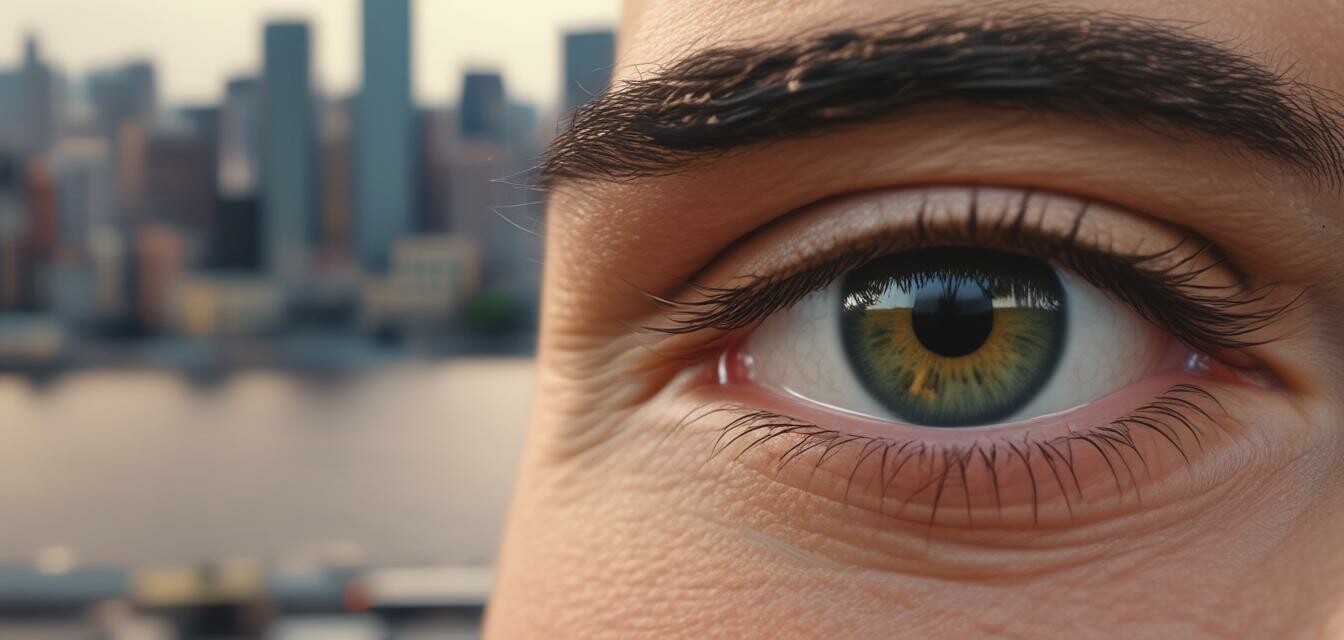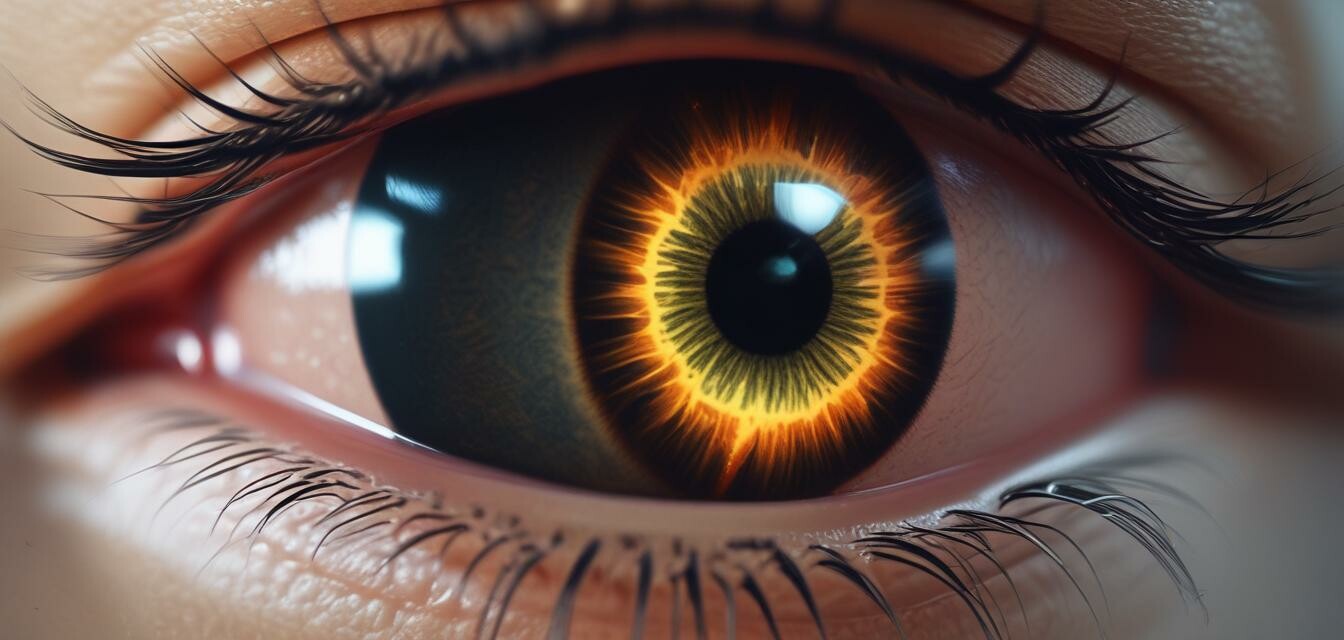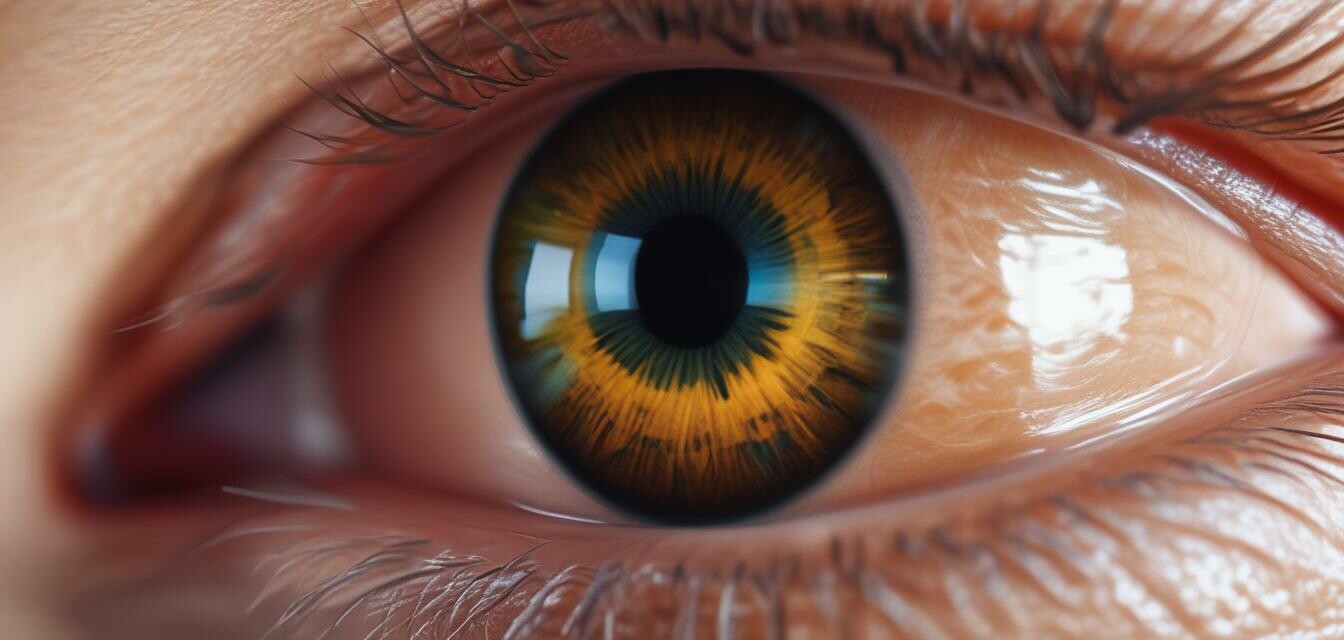
Natural Vision Correction
Natural vision correction is a holistic approach to improving eyesight without relying on glasses or surgery. This method focuses on strengthening the eyes and brain connection, enhancing visual acuity, and promoting overall eye health. In this article, we'll delve into the world of natural vision correction, exploring exercises, techniques, and tips to help you achieve better vision naturally.
Key Takeaways
- Natural vision correction is a holistic approach to improving eyesight without glasses or surgery.
- Exercises and techniques can strengthen the eyes and brain connection, enhancing visual acuity.
- Proper nutrition, relaxation, and eye care habits are essential for maintaining healthy vision.
Understanding the Basics of Natural Vision Correction
Natural vision correction is based on the idea that the eyes are capable of adapting and changing. By retraining the eyes and brain to work together more efficiently, it's possible to improve vision without relying on corrective lenses or surgery.
| Method | Description | Benefits |
|---|---|---|
| Natural Vision Correction | Holistic approach to improve eyesight | No reliance on glasses or surgery, improved visual acuity, enhanced eye health |
| Glasses or Contacts | Corrective lenses for nearsightedness, farsightedness, or astigmatism | Quick fix, convenient, but may not address underlying issues |
| Surgery | Refractive surgery to reshape the cornea | Permanent correction, but carries risks and side effects |
Natural Vision Exercises
Natural vision exercises are designed to strengthen the eyes and improve vision. These exercises can be done anywhere, at any time, and are a great way to start your natural vision correction journey.
- Eye Rotations: Rotate your eyes in a circular motion, first clockwise and then counterclockwise.
- Focus Shifts: Focus on a point in front of you, then suddenly shift your gaze to something else.
- Near and Far Focusing: Focus on an object close to you, then suddenly switch to something far away.

Nutrition and Eye Health
A healthy diet rich in essential nutrients is crucial for maintaining good eye health. Foods high in omega-3 fatty acids, antioxidants, and vitamins can help support eye function and reduce the risk of eye problems.
| Nutrient | Food Sources | Benefits for Eye Health |
|---|---|---|
| Omega-3 Fatty Acids | Fatty fish, flaxseeds, walnuts | Reduces inflammation, promotes healthy retinal function |
| Vitamin A | Carrots, sweet potatoes, dark leafy greens | Supports corneal health, enhances visual acuity |
| Lutein and Zeaxanthin | Leafy greens, corn, eggs | Protects the macula, reduces risk of age-related macular degeneration |
Relaxation and Eye Care
Relaxation techniques and proper eye care habits can help reduce eye strain and promote healthy vision.
- Blue Light Protection: Use blue light blocking glasses or apps to reduce screen time exposure.
- Proper Contact Lens Care: Follow proper cleaning and maintenance routines for contact lenses.
- Eye Care Supplements: Consider taking supplements that support eye health, such as omega-3 fatty acids and antioxidants.

Pros
- Non-invasive and natural approach to improving vision
- Can be done at home, without expensive equipment or surgery
- May improve overall eye health and reduce risk of eye problems
Cons
- May take time and consistent effort to see results
- Not a quick fix, requires patience and dedication
- May not be suitable for everyone, especially those with severe vision problems
Conclusion
Natural vision correction is a holistic approach to improving eyesight without relying on glasses or surgery. By incorporating exercises, proper nutrition, relaxation techniques, and eye care habits into your daily routine, you can strengthen your eyes and improve your vision naturally.

Beginners Section
New to natural vision correction? Start with these simple tips:
- Take regular breaks from screen time to rest your eyes
- Practice simple eye exercises, like eye rotations and focus shifts
- Incorporate omega-3 rich foods into your diet








